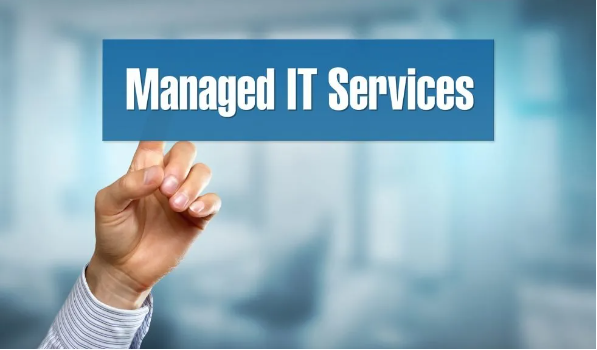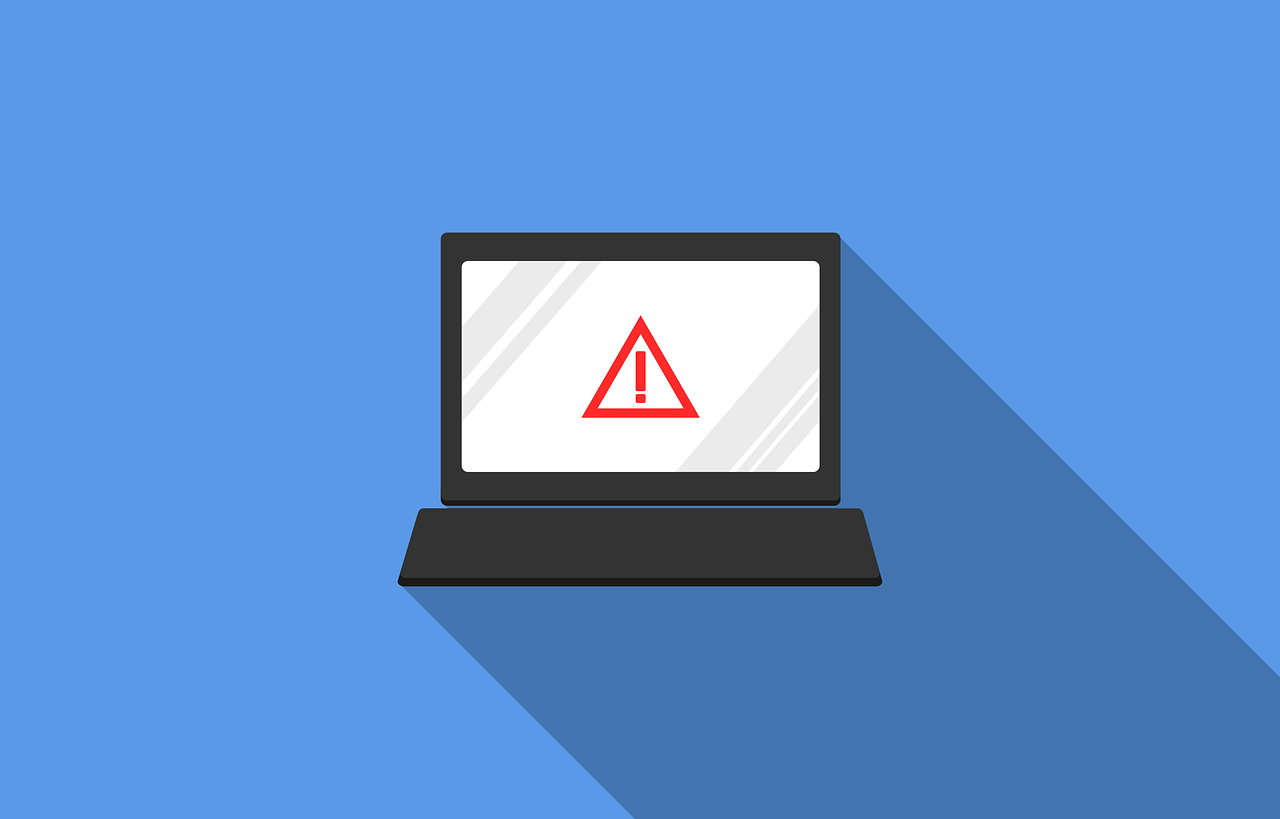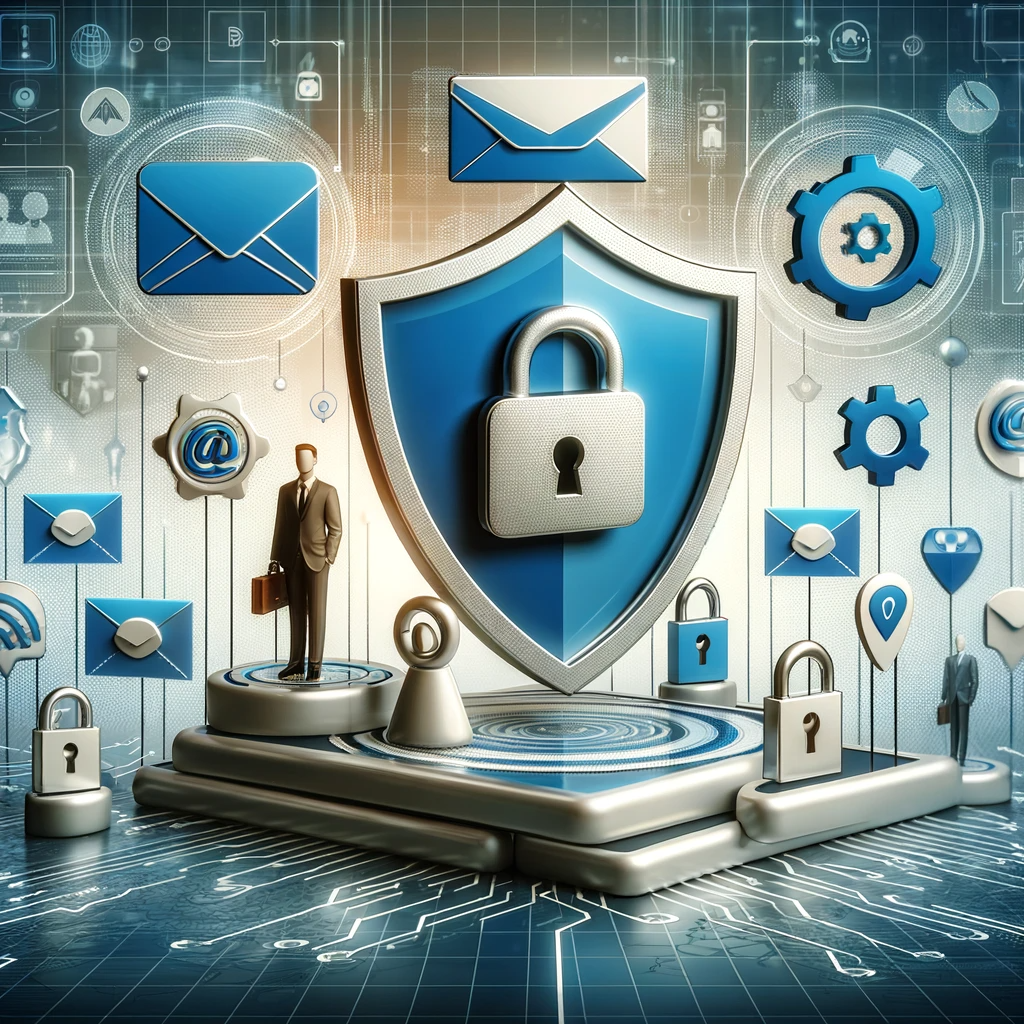Address
155 Varsity Parade,
Varsity Lakes
QLd, 4227
Get in touch
1300 110 393
The Managed IT Services Your Business Needs Most

The forecast for the worldwide managed IT services market shows it will almost double
from 2019 to 2025. More and more companies are turning to managed service providers to replace costly in-house IT staff.
Let’s look at why managed services are so much more cost-effective and which services are the most valuable to your business.
What Are Managed IT Services?
Managed IT means you’re outsourcing your IT services to a third-party. The alternative is to hire your own in-house IT staff to look after your technology.
In the early days of networking and IT support, most companies bought or leased their equipment and either hired staff to manage it or paid the company that sold them the equipment to support it. With a lot of this infrastructure moving into the cloud, it opens the door for managed service providers to take on that role.
Why Your Business Should Consider Managed IT Support
There are several benefits to using a managed service for your IT support. One of the biggest advantages is the cost.
Buying your own hardware is expensive and requires an up-front capital investment. And hiring your own IT staff is also expensive. You’re faced with payroll, insurance, benefits, and other costs associated with hiring employees. Not to mention the ongoing training costs to keep them up to date.
Managed IT support costs less and you can scale it up or down, depending on your needs, much more easily. It’s also easier to budget since you don’t have to worry about employee attrition and other unplanned problems. The IT provider handles that on their end.
Even if you have your own IT staff, there’s an opportunity cost to having them maintain and support your IT infrastructure. They could spend that time on higher-ROI work that moves your business forward.
The Most Valuable Managed Services
Managed IT can look after as much or as little of your IT needs as you wish. There are several services that are particularly valuable though, including:
- Keeping your network secure
- Backup up and protecting your data
- Technical support services
- Network management
- Disaster recovery and business continuity
Network and Internet Security
Keeping your network and the devices connected to it secure is critical in today’s world. Hackers and thieves are constantly looking for opportunities to steal valuable data and install malware that can use unsecured systems to do bad things.
If you store customer data on your servers, this is even more important since it’s not just your company’s data that could be at risk. Depending on the industry you’re in, there may even be regulatory restrictions that require you to meet certain standards.
Cybersecurity is an ongoing cat-and-mouse problem. The bad guys are always finding new ways to get around security and IT departments, software companies, and equipment manufacturers are always looking for better ways to protect your data.
Managing this in-house means constantly changing priorities and having to stay abreast of new threats. Using a managed IT service means you don’t have to spend time and money to keep your staff up-to-date. That’s up to the IT service to worry about.
Data Backup and Protection
Protecting your data against other types of loss is just as important as keeping it secure. Equipment failures and user errors can lead to data loss. If you don’t have a good backup system in place, it could be lost forever.
At best, data loss can lead to lost time to rebuild the information. At worst, it could shut your business down.
Managed IT support can create an effective backup strategy that ensures your important data is safe from loss. Addictive Technology Solutions offers file backup and synchronization as part of our IT support services.
This technology lets you sync your files to the cloud, making it easy for your employees to collaborate on work. It also provides backup and mobile access to your files from any connected device.
Technical Support Services
Unless your employees are all working in IT, chances are good that some of them won’t have the knowledge or skills to troubleshoot and fix their own problems. A managed IT provider can offer 24×7 support to your staff.
They can handle these services remotely by phone, email, or instant messaging or you can choose to have onsite support if you need more face-to-face interaction. And depending on your needs, technical support can be provided on a pay-as-you-go basis or a monthly contract for unlimited support.
Managed Networking
Network management is another resource-intensive task that’s ideal for managed services. This includes things like installing software and operating system patches, maintaining firewalls and other network security products, and even upgrading hardware.
These tasks tend to be time- and labour-intensive so paying your own staff to look after them isn’t the best use of your resources. At the same time, they’re critical to keeping your network and data safe and secure so it’s not something that you should put off.
With an IT service, you can take advantage of the economy of scale. They handle this work for many customers so you’ll pay less to have them manage your network than you would have to pay your own staff.
Disaster Recovery and Business Continuity
There are many types of disasters that can affect your company, from natural disasters like storms or earthquakes to simple human error. Hopefully, you’ll never have to deal with any of them but if you do, you need to ensure your business can recover.
Estimates show that about 25 percent of companies are unable to continue
operation after a natural disaster. Managed IT services can help you prepare for the unexpected so if disaster does strike, you can be back up and running in a short period of time without losing any of your critical data.
These plans include backups and data storage but also the ability to swap in replacement hardware and redirect network traffic to an alternate server if there’s a power outage or other event that puts you offline.
Choosing the Right Managed Service Provider
Your managed IT services provider is a critical part of your business, even though they don’t work for you directly. You’re putting your valuable data and other important parts of your business in their hands and need to be sure they’re up to the task.
Addictive Technology Solutions has been providing managed services for over a decade. We work closely with all our clients to be sure we understand their business, both where it is now and where they want it to go. We’ll help you run efficiently at all stages of your company’s growth.
Get in touch with us today for a free IT and security audit
to find out what you’re already doing well and where we can help you improve.

By Robert Marsden
•
20 Dec, 2023
The global cost of a data breach last year was USD $4.45 million. This is an increase of 15% over three years. As we step into 2024, it’s crucial to be aware of emerging technology threats. Ones that could potentially disrupt and harm your business. Technology is evolving at a rapid pace. It’s bringing new opportunities and challenges for businesses and individuals alike. Not all technology is benign. Some innovations can pose serious threats to our digital security, privacy, and safety. In this article, we’ll highlight some emerging technology threats to be aware of in 2024 and beyond. Data Poisoning Attacks Data poisoning involves corrupting datasets used to train AI models. By injecting malicious data, attackers can skew algorithms’ outcomes. This could lead to incorrect decisions in critical sectors like healthcare or finance. Some actions are vital in countering this insidious threat. These include protecting training data integrity and implementing robust validation mechanisms. Businesses should use AI-generated data cautiously. It should be heavily augmented by human intelligence and data from other sources. 5G Network Vulnerabilities The widespread adoption of 5G technology introduces new attack surfaces. With an increased number of connected devices, the attack vector broadens. IoT devices, reliant on 5G networks, might become targets for cyberattacks. Securing these devices and implementing strong network protocols is imperative. Especially to prevent large-scale attacks. Ensure your business has a robust mobile device management strategy. Mobile is taking over much of the workload Organizations should properly track and manage how these devices access business data.
© 2024
All Rights Reserved | Addictive Technology Solutions Pty Ltd | Website Terms and Conditions | Privacy

